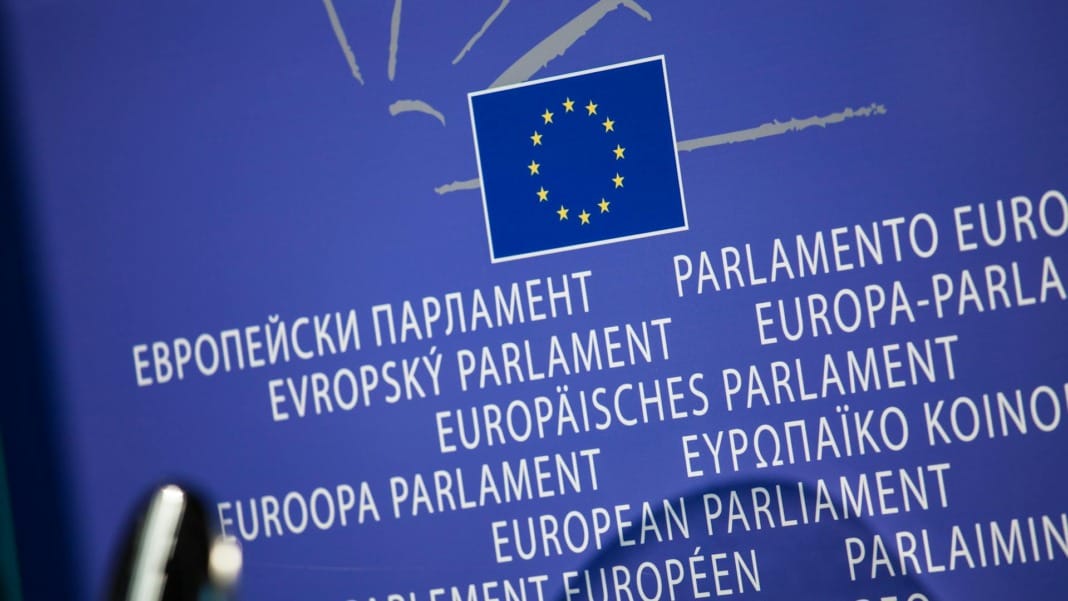In an unprecedented move, the European Parliament has green-lit a comprehensive framework to regulate artificial intelligence, marking a significant leap towards ensuring that technological advancements align with ethical standards and human rights. This legislation, which has been in the pipeline for nearly three years, promises to pave the way for Europe to become a global leader in responsible AI innovation. Here’s what you need to know about this landmark decision.
A commitment to safety and innovation
After rigorous discussions and negotiations, the AI Act received an overwhelming nod of approval from the European Parliament, with 523 members voting in favour. This Act is a clear signal of the EU’s dedication to fostering an environment where AI can flourish without compromising the fundamental rights of its citizens or the integrity of its democracies and legal systems.
The legislation categorises AI applications based on their perceived risks and impacts, imposing stricter controls on those deemed high-risk, such as those used in law enforcement and healthcare. These applications must meet stringent criteria, ensuring they do not discriminate, violate privacy, and remain transparent and understandable to users.
For lower-risk AI, like spam filters, the mandate is more straightforward but no less significant: users must be informed that they are interacting with AI-generated content. Moreover, the Act takes a firm stand against specific uses of AI, including indiscriminate facial recognition and manipulative practices that could exploit vulnerabilities, ensuring that technology serves the people, not vice versa.
Navigating the digital future with care
As we venture into the digital age, the EU sets benchmarks for how AI should be integrated into our lives. Key provisions of the AI Act will come into effect two years post-enactment, but some, such as bans on specific harmful practices, will be implemented sooner. This staged approach reflects the EU’s cautious yet optimistic outlook towards embracing AI.
The Act also addresses the challenges posed by generative AI and manipulated media. With the rise of deepfakes, the EU mandates clear labelling of AI-generated content, ensuring that the public can distinguish between what is real and what is artificial. Furthermore, AI models must respect copyright laws, with specific text and data mining provisions conducted for scientific research.
A global model for AI regulation
The AI Act is not just a European affair; it has global implications. Given the Act’s wide-reaching effects, non-EU-based AI providers, including industry giants, must comply with these regulations within the EU’s jurisdiction. This aspect of the legislation underscores the EU’s influence in shaping global tech policy, ensuring that advancements in AI are matched with advancements in ethical standards and accountability.
As we stand on the brink of a new era in AI, the EU’s AI Act offers a blueprint for balancing the promise of technology with the protection of individual rights and societal values. It is a bold step towards a future where innovation and ethics go hand in hand, setting a precedent for the rest of the world to follow.





